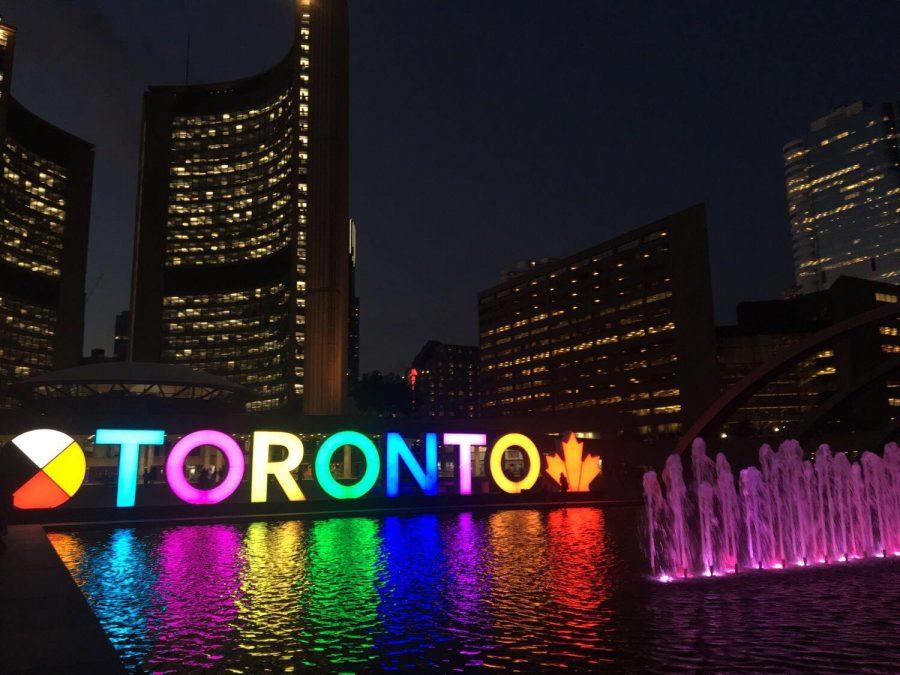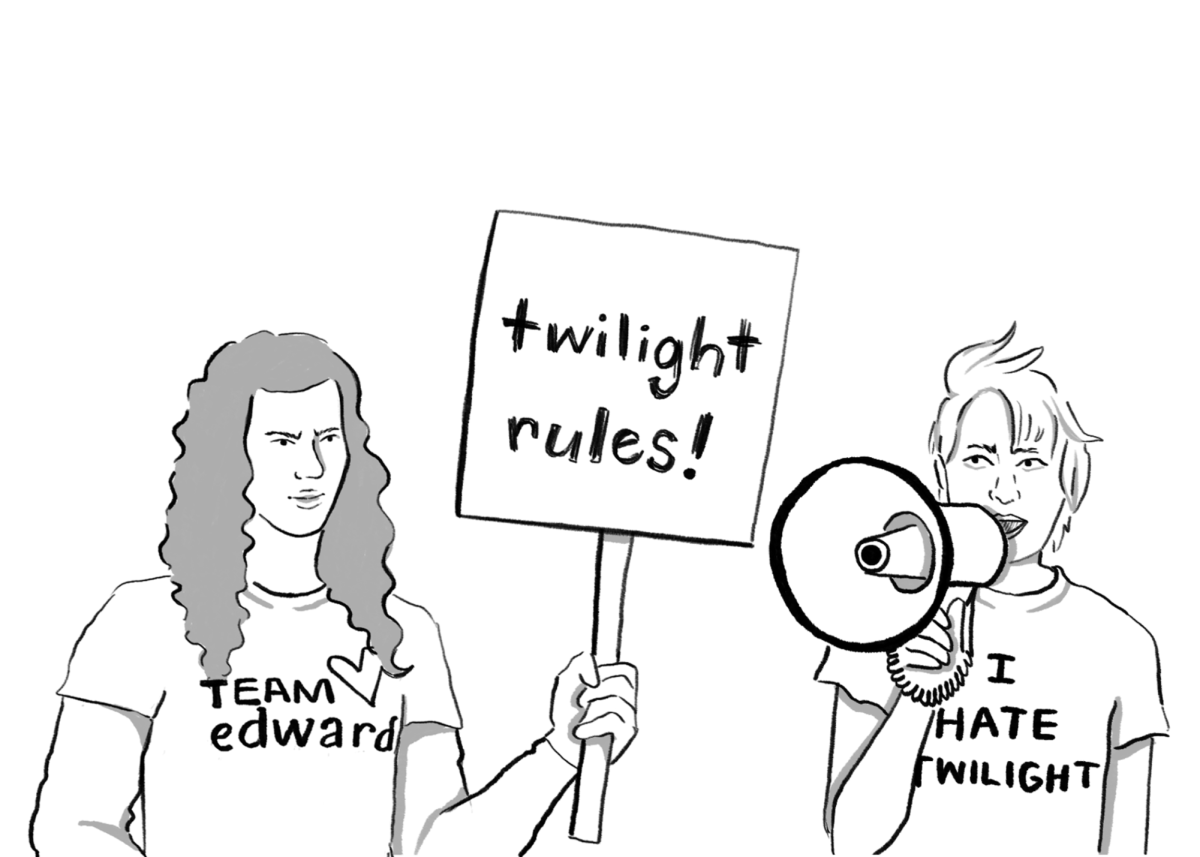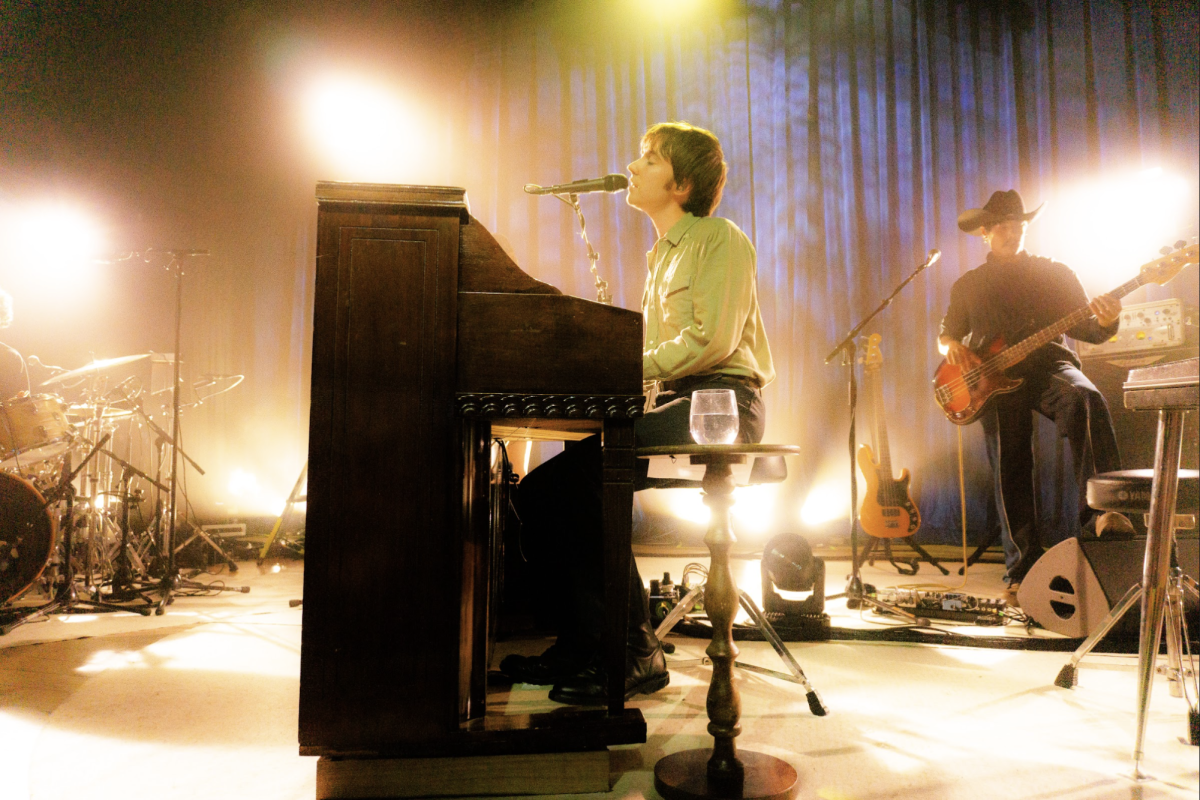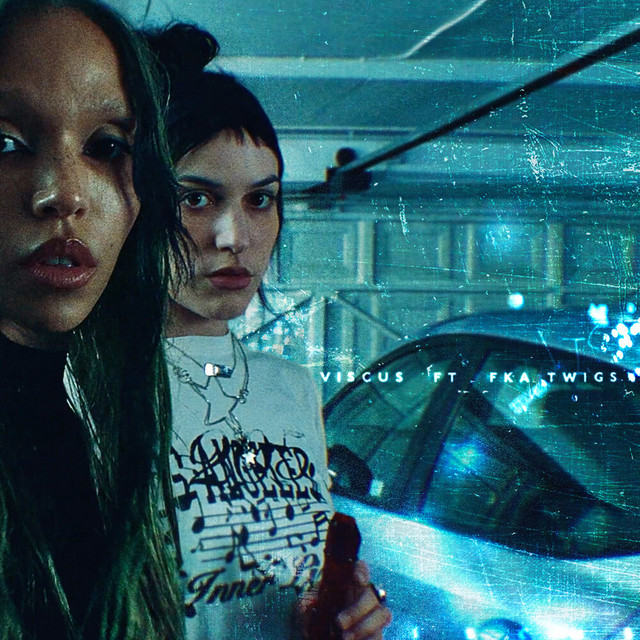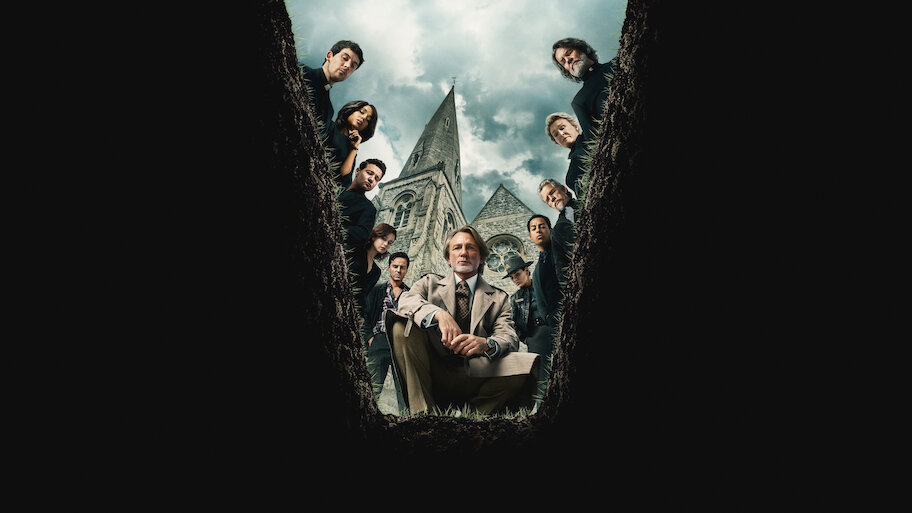Red carpets, celebrity sightings, sold-out premieres — the 2018 Toronto International Film Festival showcases some of the year’s biggest and best movies.
This September, I went to Toronto, and all I did was see some movies. That’s the truth, but it’s definitely an understatement when attending the annual Toronto International Film Festival, one of the world’s largest film festivals. From September 6-16, Toronto was home to red carpets, high-profile events, and ticket lines that stretch around city blocks. With celebrity sightings and first-looks at highly-anticipated films, it’s any movie-lover’s dream.
Getting tickets to see a movie there in the first place, though, is the hardest part. The popular movies sell out seconds after tickets become available online on Ticketmaster. Only if you’re a part of the industry are you able to snag tickets afterward. Or, if you’re like many other people and willing to wake up extremely early the day of the actual showing, you can try to be one of the first people in the “rush line,” facing long hours of standing in the rain. Tickets range from $10 to $100 CAD, depending on various factors, like seating, if it’s a premiere, or if any of the film’s talents will make an appearance. However, considering you get to be one of the first people seeing the movie and possibly even hear from the cast and crew in a Q&A, they’re generally quite affordable.
TIFF showcased a diverse array of films, which allowed me to see anything from blockbusters (“First Man”), to arthouse films (“High Life”), to foreign films (“Shadow”). Every screening started off with an introduction from a TIFF member — usually Artistic Director Cameron Bailey — who first acknowledged the indigenous groups that originally held the land they were on and then gave a preface for the film. Sometimes the film’s director, and even cast members, came on stage to say a few words. They shared the hopes for the film and hinted at messages touching on current issues such as gun violence, immigration, and toxic masculinity. Then the lights fell, and the same handful of ads played. At every showing, there was always a laugh at a Visa commercial, an applause at TIFF’s “Volunteers Rock!” video, and an “argh” at TIFF’s anti-piracy slide (a TIFF tradition).
Seeing a TIFF movie is more like a live show than your ordinary theater screening. People laugh, cry, and cheer a lot more. They would burst into applause and hoots when the bad guy lost, or flat-out sob when the good guy failed. Many people, even myself, would break out in laughter at the smallest things — such as a split-second sarcastic look — that you would otherwise barely register in any other viewing environment. For example, “Green Book,” a feel-good, buddy movie, had non-stop laughter that would rival a stand-up headlined by a top-tier comedian. Furthermore, the movie had two standing ovations that lasted for minutes on end, to the extent that one would think everyone saw “Citizen Kane” for the first time. For “A Star is Born,” everyone applauded after every song as if they were at an actual Bradley Cooper and Lady Gaga concert. People glared and groaned when a phone went off during the silent climax of “A First Man.” One of my favorite moments occured when an audience member yelled, “Hey, Ryan!” (in reference to the “Hey Girl” meme) at Ryan Gosling while he was onstage, garnering a laugh from everyone including Gosling himself. Another memorable moment was when Lady Gaga took the stage, and the entire house went nuts, screaming, “I love you!” and “Yaaas Gaga!” If I haven’t described it well enough already, let me be clear: A TIFF audience is much more passionate than your average one.
Whenever I arrived at any one of the several theaters hosting the festival, there were crowds that anticipated the arrival and departure of stars. Crowds consisted of autograph hounds, photographers, fans, and even just passersby who wanted to see what the commotion was about. There were even drivers who chased after celebrities’ cars when they left. For the premiere screenings of movies, it’s actually easy to spot some famous names. You don’t even have to see the movie to see its stars, and most people don’t. Many Lady Gaga fans, few of which actually attended a screening, flocked the site of the premiere of “A Star is Born” in the early morning, hoping to catch a glimpse of her on the red carpet. In my experience, after watching a Q&A following a screening, it only took a quick exit to the back door of the theater to catch the people I had just seen onstage. Most stars immediately drove off, but some stopped to greet those waiting for them. That’s how I was personally able to snap some selfies with Bradley Cooper, Nicole Kidman, and Damien Chazelle. I still can’t believe it.
As for the movies themselves, I was pleasantly surprised by a half dozen of the ones I saw, and more-or-less disappointed with the rest. Due to the fanfare surrounding most of the movies, I walked into the screenings with high expectations. Movies that I especially looked forward to, like “Beautiful Boy,” “The Sisters Brothers,” and “First Man,” were watchable for the star-power but ultimately failed to click with me. Meanwhile, it’s hard not to love instant crowd-pleasers such as “A Star is Born,” “Green Book,” and “Widows” (everyone absolutely loved Viola Davis’ dog). A favorite of mine was “Vox Lux,” starring Natalie Portman and Jude Law. It chronicles a pop star’s rise to fame amid tragedies and toxicity, and it features a captivating performance from Portman. Most TIFF movies have some degree of artistic quality to them, thanks to the selection process; whether they’re a hit or miss can largely depend on your own individual tastes.
Despite how you may react to the movie itself, watching one at TIFF, or at any film festival, is ultimately a great privilege and an unforgettable experience. When you normally watch a movie at your local theater or on Netflix, there’s a degree of separation between you and the filmmaker. A festival experience bridges that gap by bringing you up-close and personal with the true intentions of a movie. You’re surrounded by moviegoers who are just as excited and engaged in the movie as you are, and you may end up seeing the people behind the movie and hearing about their inspirations and visions. It gives you a chance to really see how much time, money, and tireless effort goes into making and debuting a film. Attending a film festival also helps support a film and its filmmakers, for the success of many movies depends on how festival audiences and critics receive them. The better a movie is received, the more buzz and release locations it may get; oftentimes, festivals bring recognition to movies and talents that would otherwise be unknown to the public. When you go to a film festival, you’re seeing more than a movie — you’re seeing its creators, its fans, and its critics. In short, regardless if the film is spectacular or overhyped, you are guaranteed to have an unforgettable experience — getting to watch good movies is just a perk of the festival.
Image courtesy of Natalie Tran


